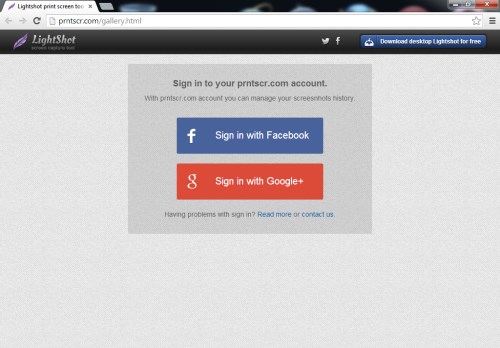
This is dangerous, because if someone did not do their research, it would be easy to fall for this scam. According to a user’s statement on, the website in the screenshot says you can claim the money after paying a small percentage of bitcoin which equals to around $11. Instead, royal-crypto.icu is a scam website used to steal money from people. I hoped that this was a plant by the police to try and catch criminals, however I think my hopes were too high. Information was blurred in order to prevent further harm Information like credit cards, home addresses, bank statements, and pictures of people from all ages.Īfter 5 minutes of just typing in random codes, I found someone giving their cryptocurrency account information, which turned out to be a scam. People have been uploading very sensitive information to this site without even realizing. I decided to try this for myself, and on my first try, I found someone’s video game statistics.Īlthough my find was harmless, others are not.
Lightshot history code#
However, as Deangelo discusses in the video, just guessing random numbers or letters in the code retrieval can lead to finding other user’s screenshots. When sharing your screenshots through the Internet by pressing upload, they are sent to a URL with its’ own unique code of numbers and letters. Lightshot also offers screenshots saved locally and not uploaded to the Internet. However, Lightshot lets you share these screenshots with others through the Internet, on sites like Twitter, Instagram, etc. According to the Lightshot website, they describe themselves as, “The fastest way to take a customizable screenshot.” Lightshot is a service, like the clipping tool on your computer. Wimalasiri adds that such platforms are built on models that monetise the very feature of insecurity – either by mining data or creating seemingly convenient user functions.Lightshot has been around since January 2010, and as of August 30th, 2020, has had around 1.83 billion screenshots taken. “Making sensitive user data openly available in this manner creates an unfair imbalance where digital platforms profit at the cost of user privacy,” says Bhagya Wimalasiri, a research assistant at the Security of Advanced Systems Group in the University of Sheffield. These included six nudes captured from video calls six screenshots of people’s private Facebook photos (some from children’s profiles) and 30 images containing names, login details, bank information, phone numbers, IP and shipping addresses, and PO Box numbers. The analysis showed eight per cent of public screenshots contained more sensitive personal information. People shared grabs of chat logs, emails and social media posts using identifiable usernames.

So far so unremarkable.Īround 20 per cent of images analysed include information that could be used to steal someone’s identity or break into other online accounts.

Around 63 per cent of these are made up of video game screen grabs, coding instructions, apartment listings and so-forth. But many include content including names, addresses, contact numbers, bank details and even screen grabs of intimate video calls.Īn automatic web-scraping script found 529 live images at the 11,000 URLs generated. Most of the URLs are innocuous or just come up with error messages stating that the screenshot has been deleted or can no longer be found.

WIRED looked at the results of 11,000 randomly generated Lightshot URLs and found sensitive personal information.


 0 kommentar(er)
0 kommentar(er)
